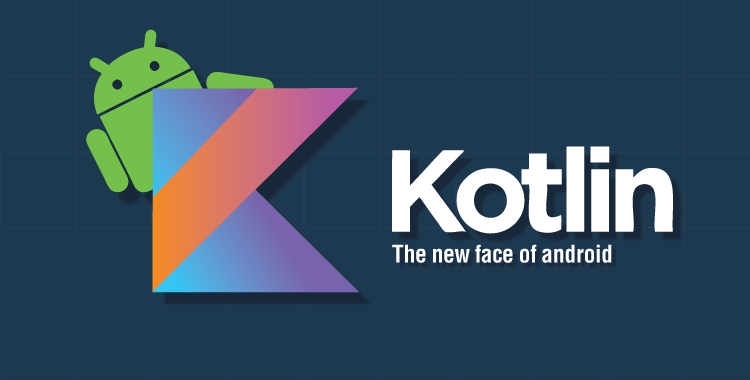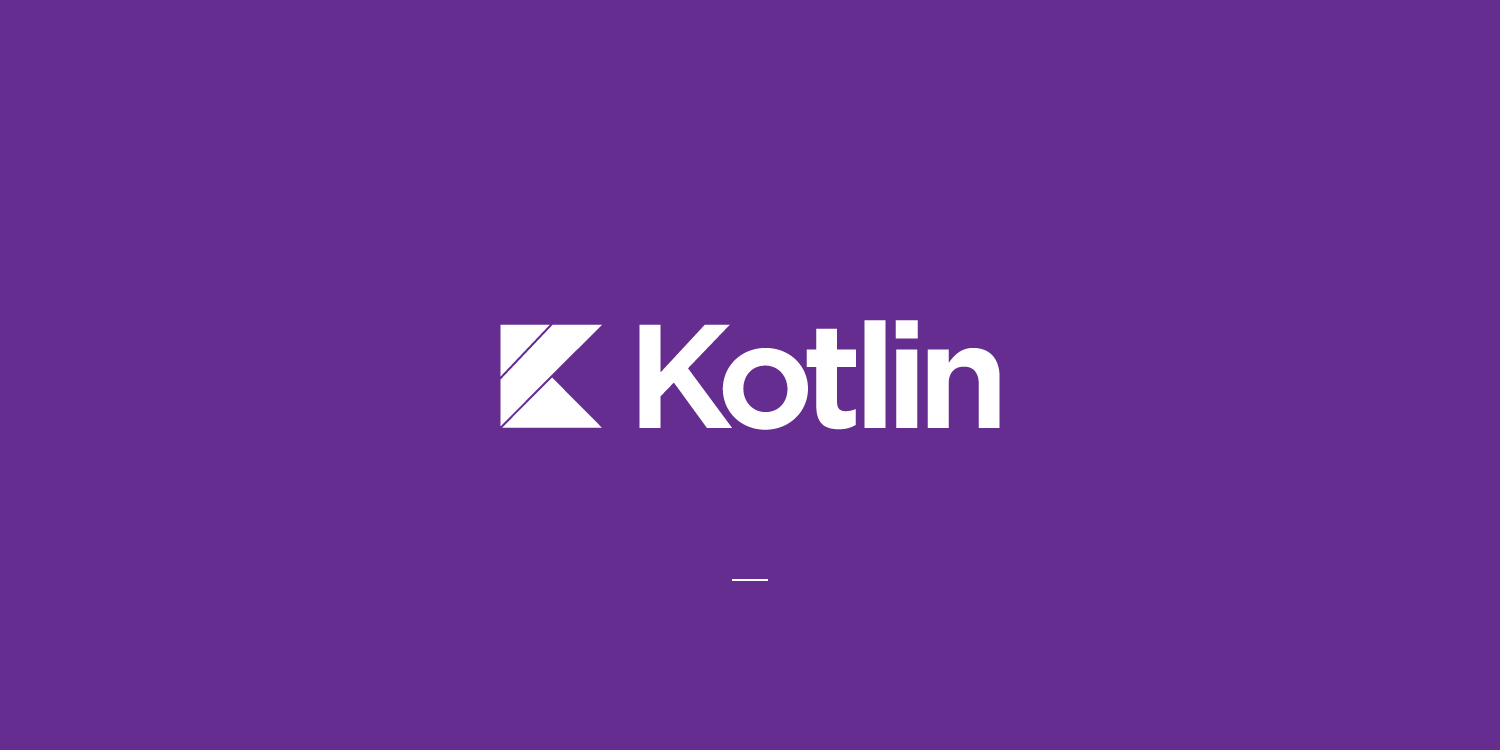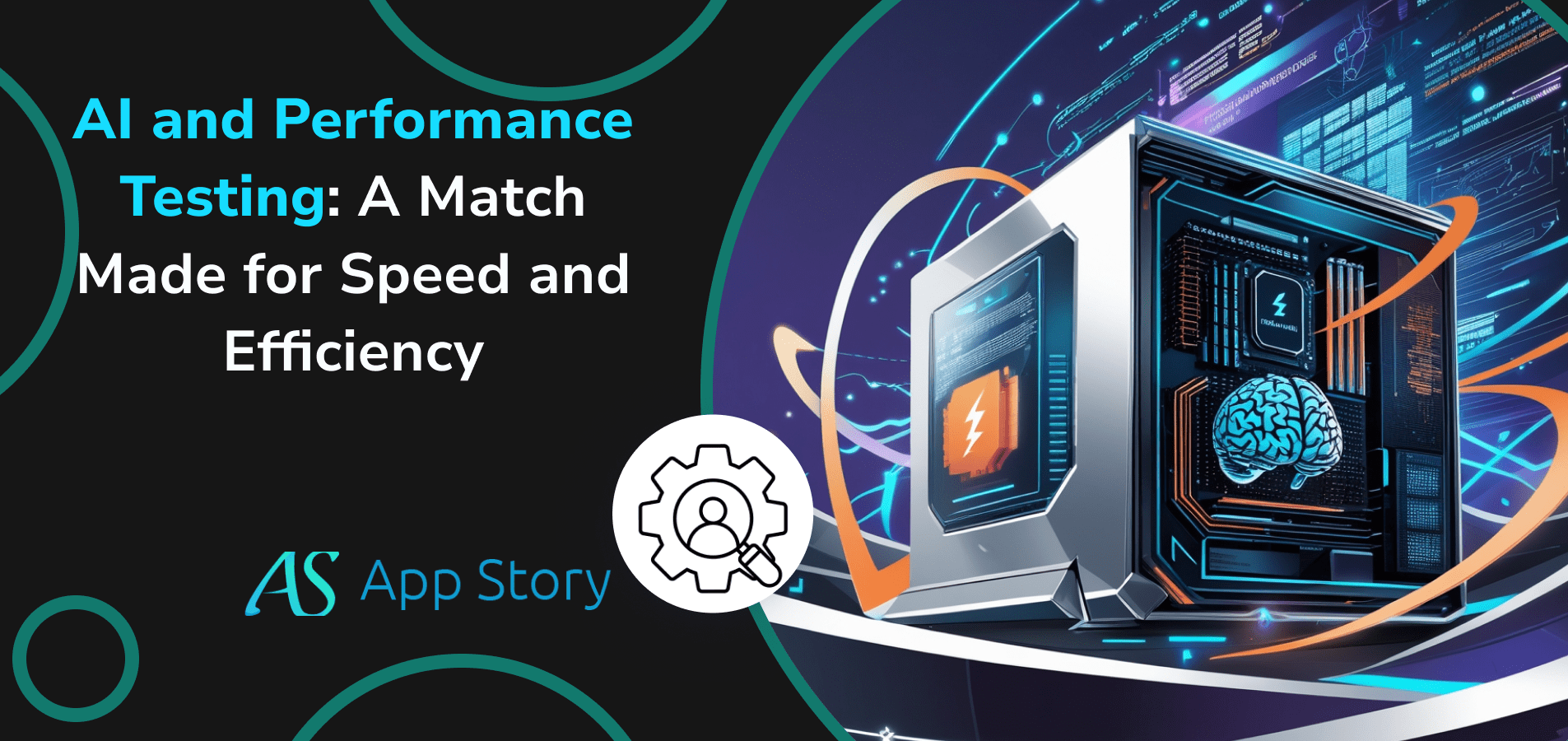Over these years, we have witnessed the massive surge of mobile apps. They have become an integral part of people’s lives with everyone dependent on them for entertainment, health, finance, etc. To meet this demand, mobile application development companies have to come up with the latest mobile apps, which are robust, fast, and brilliant. For both iOS and Android, the development company has to choose the best programming language to develop such great apps. As Android occupies the largest share in the apps market, there are certain aspects that every Android app development company should consider.
If you look at the characteristics which succinctly distinguish the Android application development developed by Android app development services from different fields, it wouldn’t be difficult to answer that the overall existing possibility of executing the same particular application on various devices with different hardware in actual native ways is one of them. However, how this is actually possible. Hence, we look at the programming language, which makes it possible and explains the language, which makes it possible along with its benefits.
At this particular point, actually, no one will be flabbergasted to witness the same web application running on any separate device and on any operating system or platform like Android, macOS, Windows, etc. Everyone knows that these apps are much slower and relatively more unstable than any type of native application. However, developers have to develop one application for all of the different platforms.
Also, a similar type of problem would certainly arise whenever we are actually talking about total the different devices’ number on which the Android actually works right now if it weren’t for Java. Hence, the inherent power of Java along with the fact that it is currently utilized in billions of devices in present time, it’s actual ability to work on any type of device regardless of the software and hardware of the device, as long as it has a valid and correct interpreter of the entire pseudo-compiled code generated by an existing Java compiler. These are the issues a mobile application development company needs to consider when it has to choose a language for app development.
However, Java isn’t the solution to all of the problems. Even though Java solves most of the problem of devices’ interoperability, it also opens a wide range of issues that needs to be addressed. Hence to know why Google choose Kotlin as the second language for Android app development, we first have to look at the drawbacks of Java. Let’s have a look.
1) Lack of Native Support for Optionals
In Java, there is a lack of particular native support for the optional. Even though there is essentially the Optional<T> class, its usage means the generation of a significant number of boilerplate code, which the developers could save in case the support for these particular options was actually built within the language itself but not as an extension of it.
2) Lack of Native Support for Functional Programming
There is certainly no native support of any type for functional programming. In the case of Java, there exists Stream APO, but its overall integration in the programming language is quite similar to that of the Optional. It exists quite badly in the different objects associated with various primitive types and also through a Stream Class<T> for all of the other objects.
3) Support for Lambdas
Java offers support of Lambdas which are anonymous functions. Even though Java 8 comprises support for different Lambda functions, these are certainly not first-class objects. It means, even though the developers can utilize Lambdas to easily and anonymously implement interfaces with an actual single particular method, Java doesn’t support the passage of functions as particular arguments to a given method. Also, the lack of type inference certainly makes the statement of Lambdas quite difficult, certainly in the trial of simulating functions. Hence, it is better to hire an Android developer who knows this particular issue in using Java for Android app development.

Why Google choose Kotlin?
Due to all of the above reasons that Java is essentially considered as a programming language, at least in the case of Android app development, it doesn’t evolve at a particular pace which the industry actually does. With passage of time, the requirement to have a new language with real as well as native support for all of the things which are mentioned above becomes more imminent and imperative, along with maintaining the key features and characteristics of Android which we mentioned above at the very beginning, which is, its inherent ability to write and compile a single Android application which makes it actually work on different devices and different versions.
In this particular direction, different possibilities have been duly explored, some of them often being the usage of programming languages like Scala or Swift, even though none of them has been promising. All this essentially changed with the actual appearance of the Kotlin. It is focused on being quite a modern language, which is in constant upheaval and evolution, and most importantly, it can be executed on the Java Virtual Machine or JVM. This certainly makes it the perfect and best candidate to be utilized on Android by Android app development services.
Now, let’s have a look at how Kotlin actually acts in front of the cons that we face with Java.
- Optional
They are essentially built into Kotlin. All that is required is to declare the variable type ending in a particular question mark such that it essentially becomes an optional type. Kotlin also offers the possibility of easily and safely unwrapping that optional listener?.onSuccess() which in the case is done without actually checking in case there is any particular value for this optional.
- Functional Programming
As far as Kotlin is concerned, there is native support to essentially work with datasets and collections like Streams. The developer can directly and easily call a function in a collection and much more. The inference of various types also makes the usage of Lambdas quite manageable.
- High order functions and Lambdas
In the case of Kotlin, the functions are essential and certainly first-class citizens. The developers can easily define functions that receive various other functions that are required parameters.
Conclusion
As we have discussed, a plethora of significant points along with a wide range of features that aren’t touched in this article shows us that Kotlin remains to be a safe bet for the next years of Android app development. A mobile app development company can easily utilize Kotlin as a viable alternative for application development for Android. A business should hire an Android developer who has the knowledge of Kotlin and its advantages over Java such that he or she can develop a robust, dynamic, smart and brilliant Android app for it. The knowledge of the cons of Java and the solutions offered by Kotlin should be known to the developer. All these factors made Google choose Kotlin as the second language for the case of Android app development.





 United States
United States United Kingdom
United Kingdom India
India Canada
Canada Singapore
Singapore



































